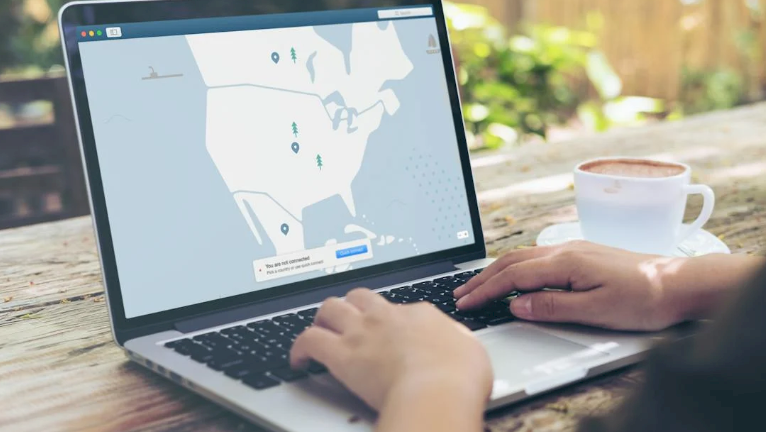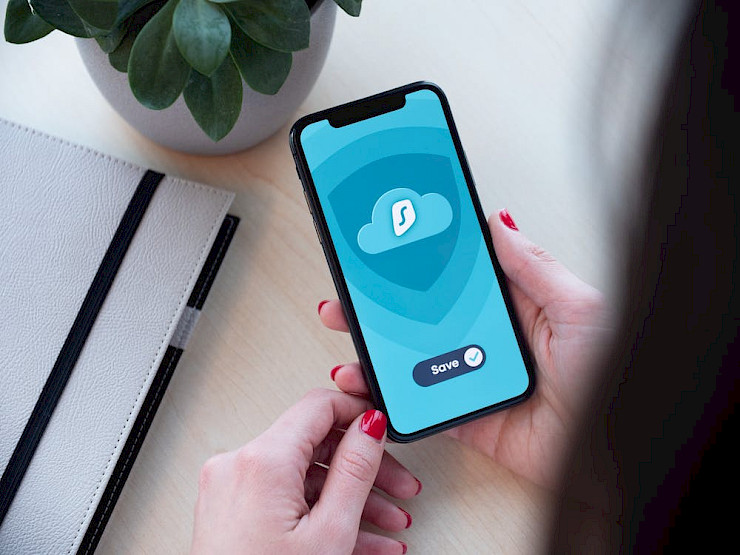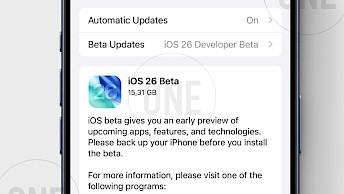Mobile VPNs: What Are They And Why Should You Use Them

Online content can now be accessed through a variety of smart devices, including mobile phones. Streaming movies, using social media, and even checking email can pose risks to your phone’s online security, which you can avoid with a mobile VPN. You don’t need to tell a VPN what to do; you just need to activate it and let it work.
Therefore, you don’t have to be too informed on the latest cyber risks if you don’t want to be, although this can be helpful too. If you’re not sure what a VPN is and want to know more about it, you’ll find all the information you need in this article, so keep reading.
Understanding Mobile VPNs
VPN is simply an abbreviation of “Virtual Private Network.” While this may sound complicated to the inexperienced, it’s actually a relatively simple concept. Using a smartphone in certain scenarios leaves it open to cyberattacks due to the exposure experienced using public Wi-Fi connections. A VPN helps to secure your connection, so the risk of having information such as your name and bank details intercepted when using these convenient hotpots.
Even if your data were to be intercepted, when you use a VPN, the information will be indecipherable to whoever is trying to access it. In the first half of the year, VPN downloads reached 130 million, showing how awareness of the precaution is spreading.
Why Should You Use a Mobile VPN?

If you’re wondering, "Why do some people think of VPN as a service? then it’s because it can certainly be viewed that way. A VPN protects your sensitive information, such as passwords, financial details, and personal conversations, from falling into the wrong hands.
Here’s a breakdown of the benefits of using a mobile VPN.
1. Protecting Your Personal Data
Cyber threats are always present when you’re using the internet. Therefore, safeguarding your personal data is essential. 66% use a VPN to help protect personal data. Connecting to a public Wi-Fi connection in somewhere like a coffee shop or an airport is one of the biggest ways your information could become vulnerable. Using a mobile VPN in settings such as these makes it more difficult for others to intercept the data traveling from your phone to the venue’s router.
2. Accessing Restricted Content
Traveling abroad can make it impossible for you to watch your favorite shows due to geo-restrictions. Mobile VPNs can help you bypass these digital barriers and make it possible to watch shows from any region, regardless of your current location. The trick is to connect to a server in the same country as the country’s origin for the TV show or movie you desire.
3. Maintaining Anonymity Online
In fact, 52 percent of people don’t believe that online privacy exists, but it’s very possible with the use of a VPN. Mobile VPNs conceal your location and your IP address. Not only does this make it feel less like you’re being watched, but advertisers also can’t harvest your information due to your browsing habits.
4. Bypassing Censorship and Firewalls
Government censorship or workplace firewalls can restrict your internet access, but a mobile VPN can help you bypass these, too. This means being at work doesn’t impact the sites you can access, broadening the content available to you.
5. Securing Remote Access

VPNs are quickly becoming essential for the ever-growing contingent of people who work from home. Remote working has many benefits, but accessing your company server from outside the office can compromise the security of your own personal information as well as some of your company’s precious details.
A mobile VPN creates a secure, encrypted pathway between your phone and the company server so hackers can’t intercept the signal and access information for which they don’t have authorization. Therefore, the risks when remote working are kept as low as possible by using a mobile VPN
6. Preventing Bandwidth Throttling
When you download large files or stream videos, your internet service provider can sometimes slow down your connection. This is called throttling and is a deliberate attempt to slow down network traffic in certain areas.
A mobile VPN hides your traffic and prevents providers from throttling your bandwidth, ensuring you always get the best speed.
7. Protecting Against Malicious Ads and Websites
Certain ads and websites can pose a serious threat to internet users and the health of your device. In addition, they could also compromise your sensitive information. Threats such as these are present everywhere online, but a mobile VPN can mitigate the risks. A VPN can filter out these threats by running your traffic through a secure server and flagging any hazards.
8. Saving Money on Online Purchases
Even if you shop online, your physical location can affect how much you pay for certain goods and services. Hiding your location and IP address when shopping online means you can see which area has the lowest prices before buying. This applies not only to physical items but also to flight and hotel reservations.
Conclusion
Your smartphone is just as at risk as any other device when using the internet. So, if you’re already using a VPN for your laptop, you understand the risks involved.
Protect your phone in the same way by installing a mobile VPN and reducing the chances even further of having a cybersecurity breach that impacts your professional and/or personal life. Mobile VPNs are easy to use, so download one today and short up your digital defenses.





